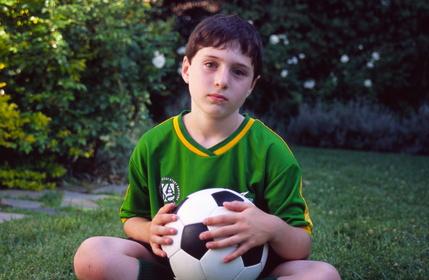Your approach to disciplining your child may be as special as you are, or you may prefer to follow the textbook recommendations for discipline. Whatever method you follow, your goal is to have your child grow into a productive member of society. When considering discipline, remember that the process should not only entail punishments. It’s also about setting rules, expectations and recognizing good behavior, as well.
Types
The current trend in discipline is “positive discipline.” In this method, parents try to take a proactive approach to child behavior, rewarding good behavior more than punishing bad behavior. The idea is that the child will respond well to this and want to do things that are good, rather than things that are bad. Other parents prefer an authoritative approach, setting strict rules and punishing quickly when those rules are broken. Children learn to respect and fear authority, causing them to behave well.
Ages
When choosing discipline methods, it is important to consider the age of your child. You cannot reason with a very young child. She will not understand why you are angry with her. In general, it’s best to take a proactive approach with young children, avoiding situations that may cause them to act out. As children get older, you can set firm rules and the consequences for breaking those rules.
Controversy
Some believe that the positive discipline method allows children too much freedom and that parents are too soft on them. This method may create children who do not always follow the rules. Critics of authoritarian discipline believe that the methods are too strict and will eventually breed resentment in the child.
Prevention
One way to avoid discipline problems is to work toward preventing behavioral problems in the first place. For example, when you catch your child about to do something “bad,” such as climbing on a chair to get to the cookie jar, you stop the behavior by distracting him, leading him to something more acceptable. You can also try to catch your child doing good things–sharing his toys or cleaning up without being asked–and comment on it.
Warning
Many experts on children’s health, such as the Nemours Foundation, recommend that you not hit or slap your child. Young children, in particular, are not able to understand that the spank is because of something they did.
Photo Credit
- soccer boy image by Yoram Astrakhan from Fotolia.com





